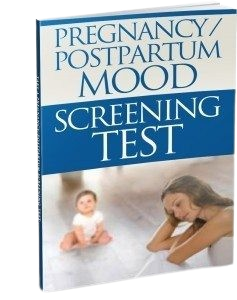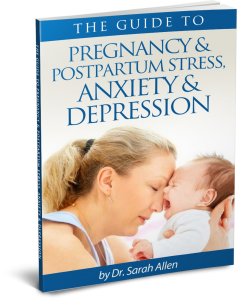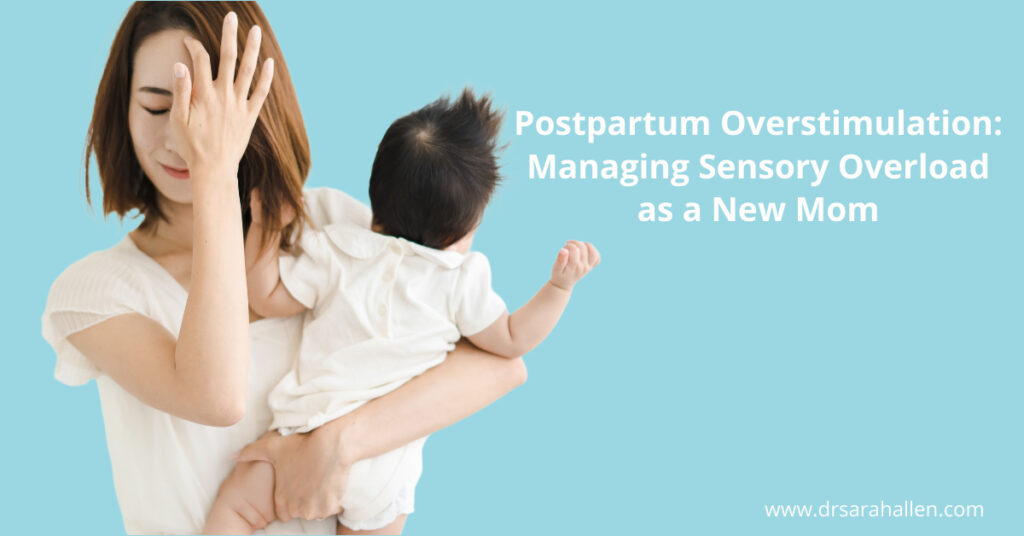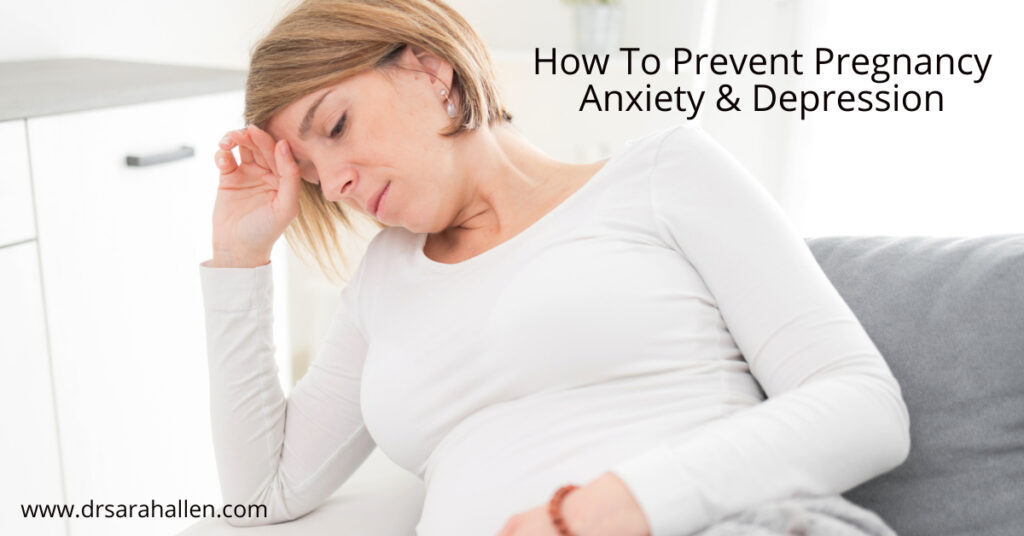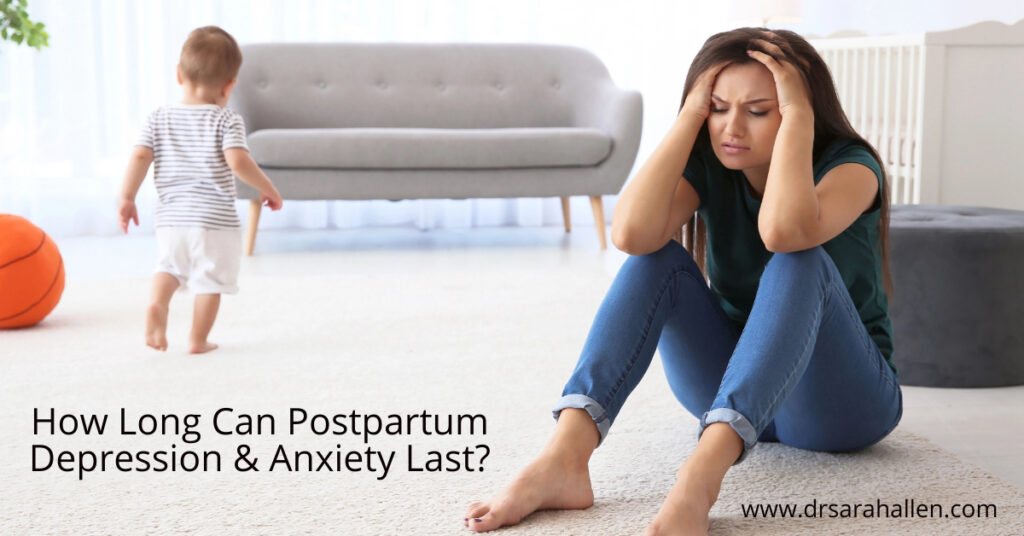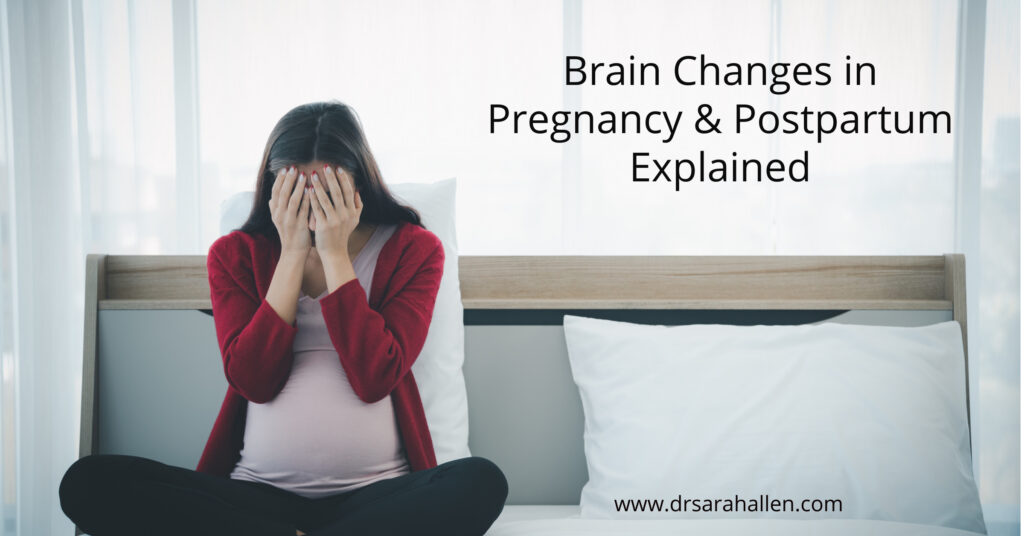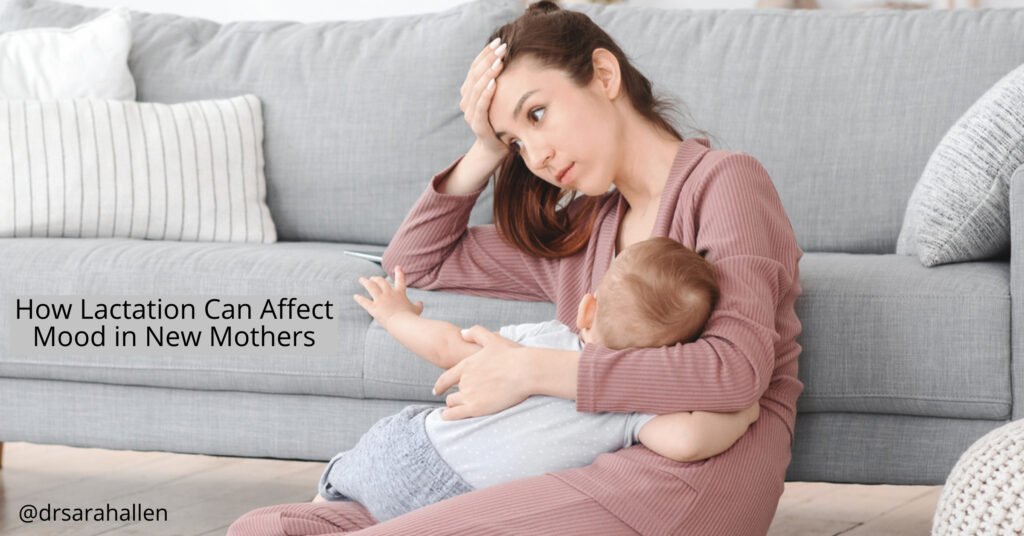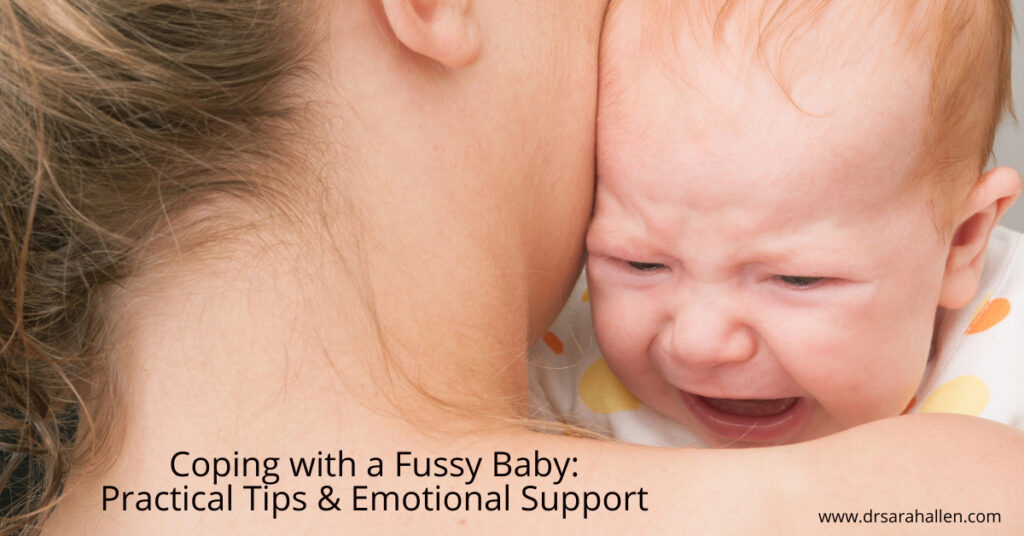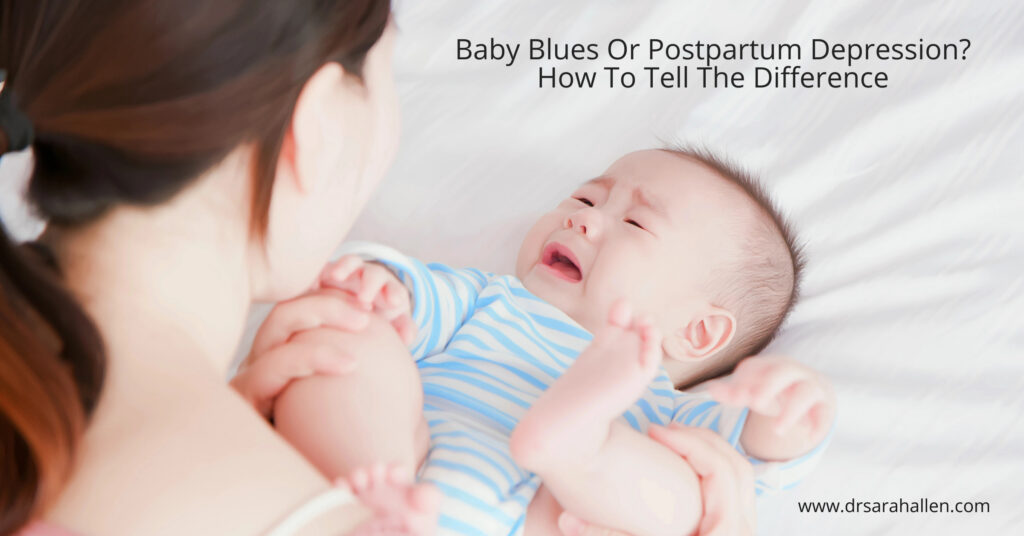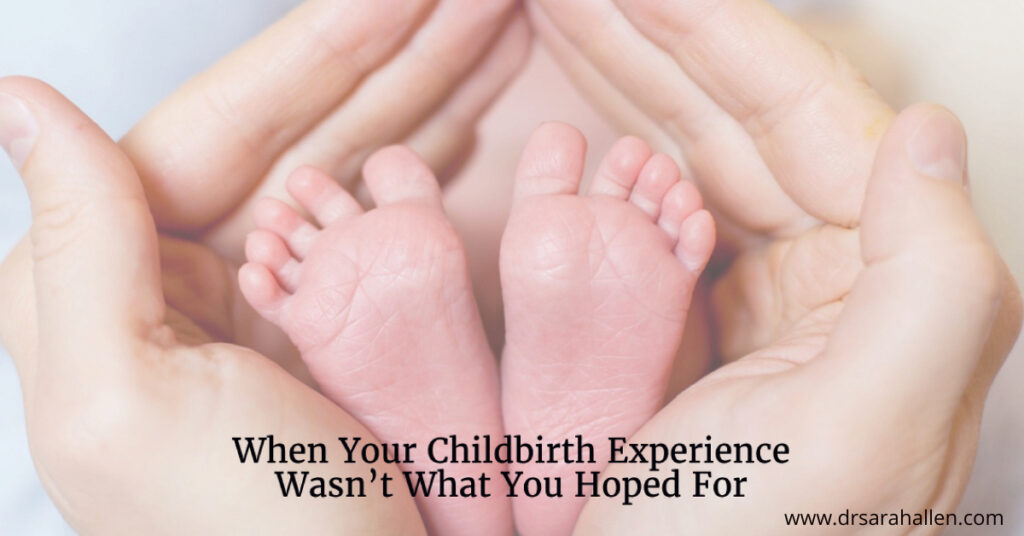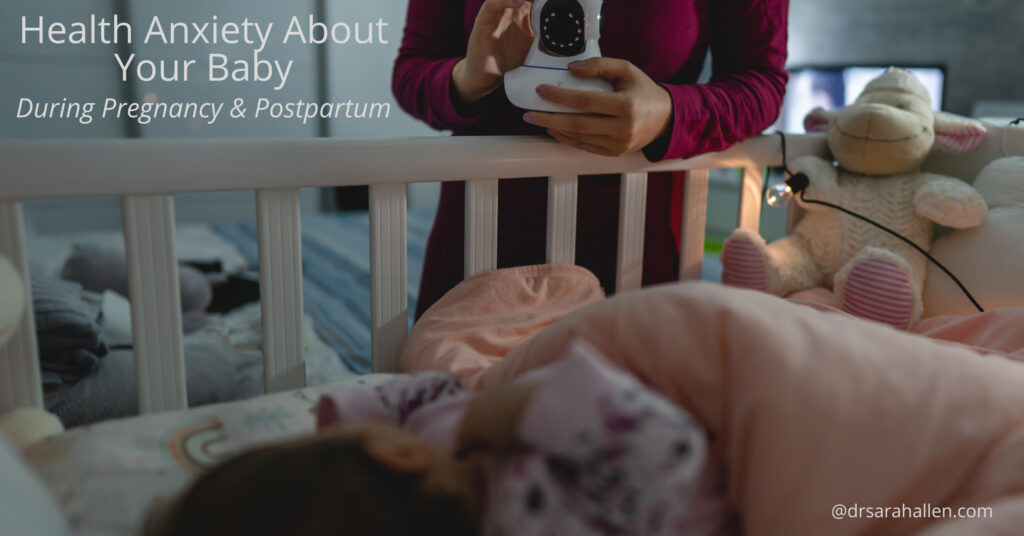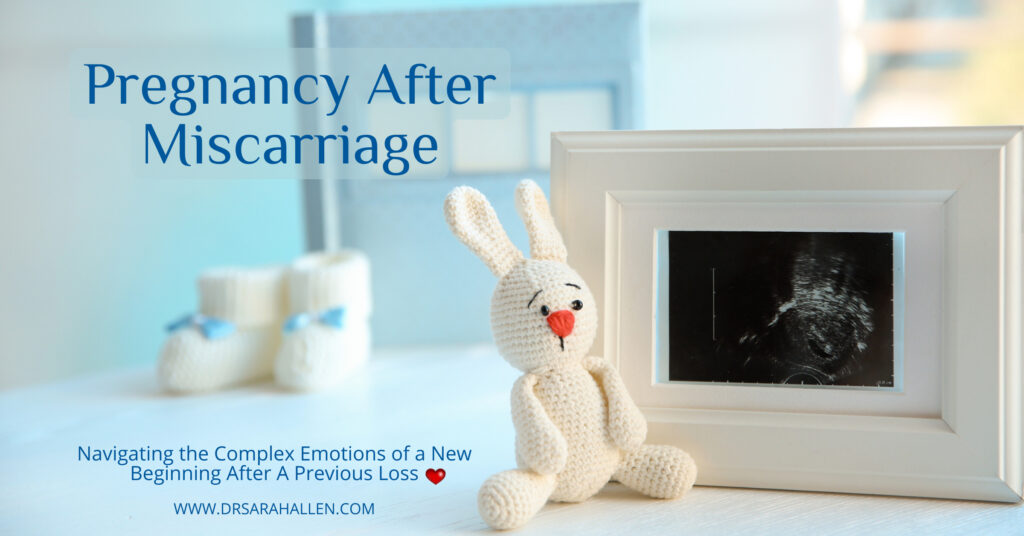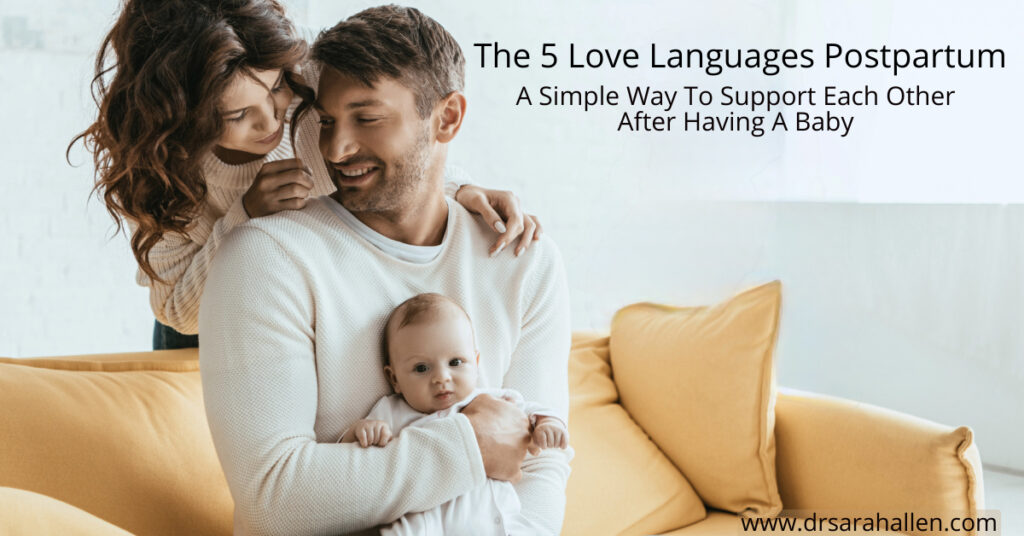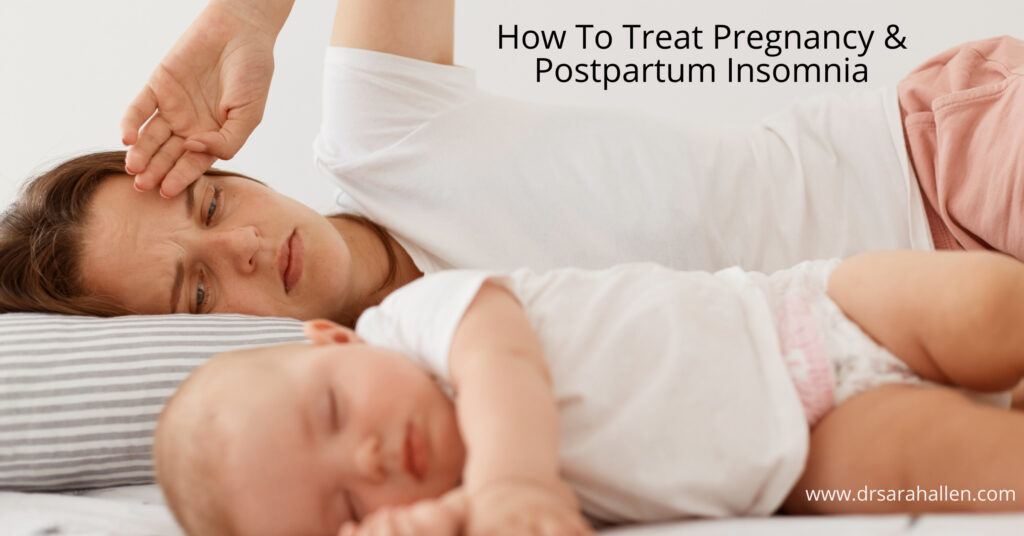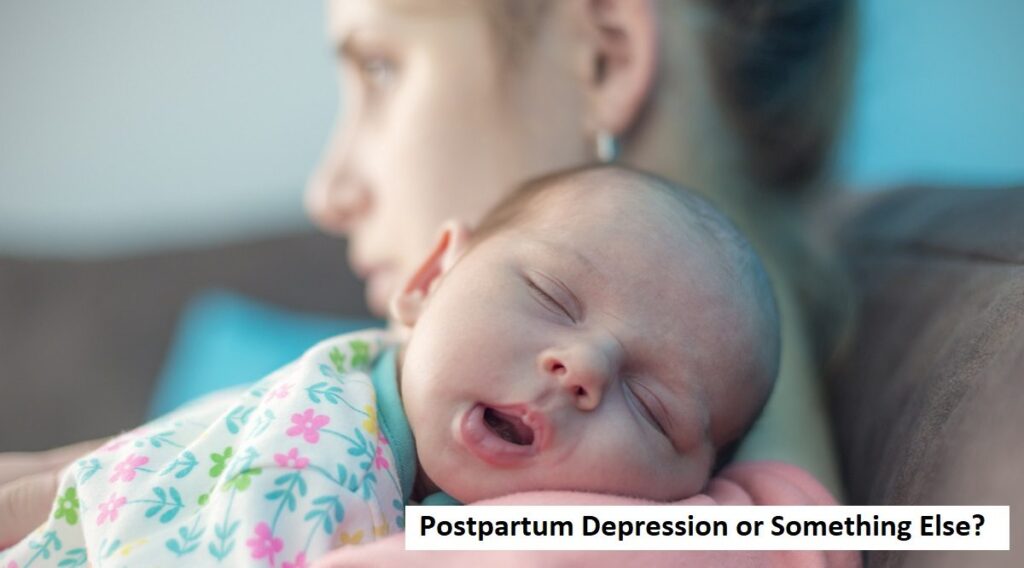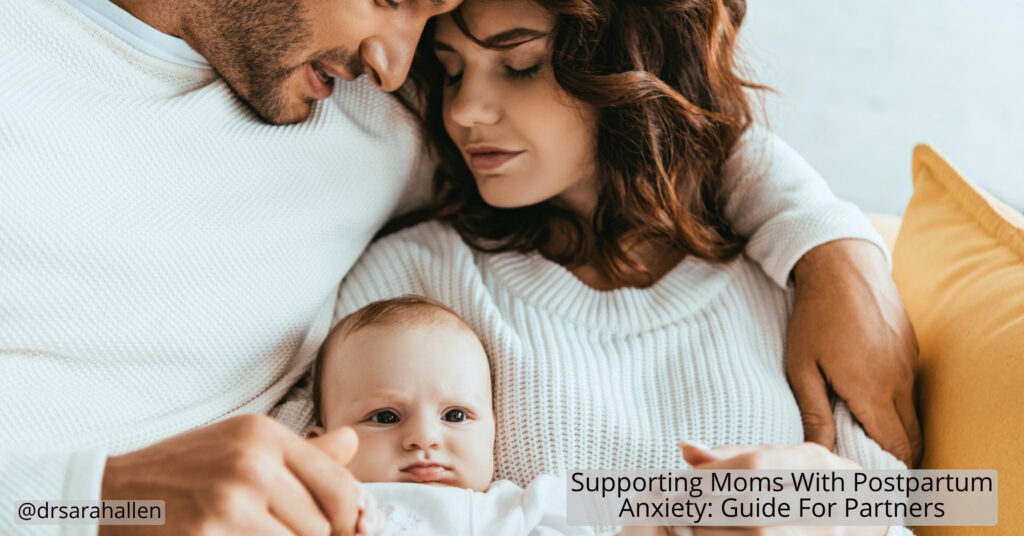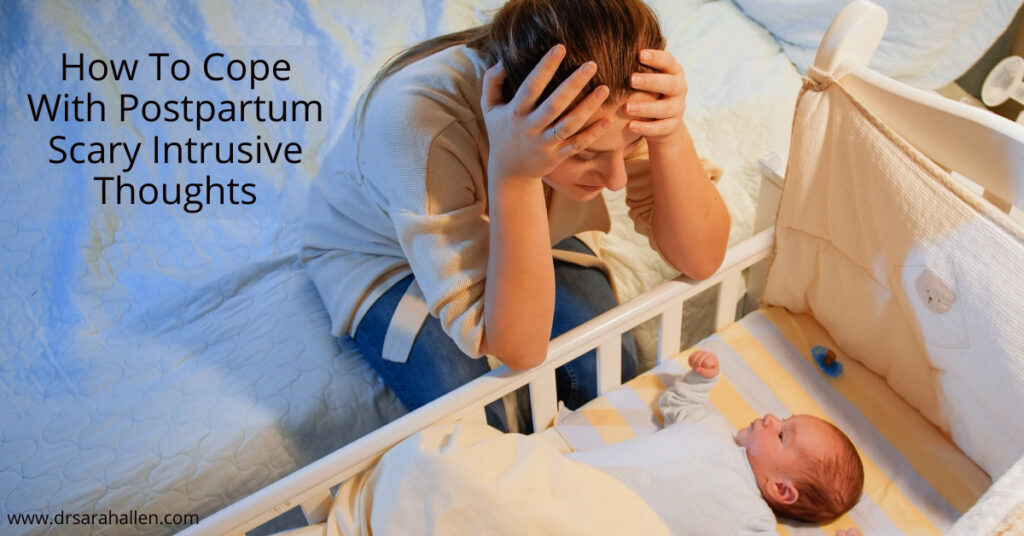
If you are reading this article you have probably recently had a baby, or care about a person who has, and I don’t need to tell you that having a baby is a big change in life, one that’s full of responsibility and life adjustments. Of course there is love and happiness but being a new parent can bring unexpected feelings and thoughts. Some new parents experience something called “postpartum intrusive thoughts.” These are sudden, unwanted, and disturbing ideas, often about harm happening to your baby that might pop into your mind when you’re least expecting it. When you’re just getting used to caring for your newborn, these thoughts can feel overwhelming and scary.
It’s important to know that you’re not alone and that thoughts don’t mean you are going to take action. They are just thoughts and in my many decades of experience, these types of thoughts happen because you care so much about your baby. For many of my clients, understanding what’s happening can lighten the burden they feel about having them and can also make these thoughts feel less powerful. Let’s take a closer look at these intrusive thoughts together and uncover why they happen and how to cope with them.
What Are Postpartum Intrusive Thoughts?
Intrusive thoughts can be surprising and unsettling. These thoughts often center around the idea of harm coming to the baby, whether it’s accidental or intentional. Some common examples might include worrying about the baby falling, getting hurt, or scenarios that are unsettling and distressing.
What makes these thoughts particularly shocking for new parents is their suddenness and intensity. You might find yourself having an image flash in your mind about dropping your baby, which can trigger fear and shame. It’s crucial to remember these thoughts are common, and they don’t mean you will act on them. Instead, they reflect concerns and anxieties that are normal during such a transformative period. Understanding them is the first step towards managing them better.
Causes of Postpartum Intrusive Thoughts
Postpartum intrusive thoughts can stem from several sources. Hormonal changes play a significant role, as after giving birth, there is a dramatic drop in estrogen and progesterone. This can affect your mood and thoughts. Stress and anxiety can also heighten these thoughts, especially as you adjust to the challenges of having a baby to care for.
Another cause could be a link between these thoughts and conditions like postpartum depression or anxiety disorders such as OCD. It’s like your mind’s way of trying to protect your baby by imagining risks, even if they are unlikely. Recognizing these factors can help you realize that it’s not about being a bad parent, but rather about navigating this new phase as best as you can. Understanding the causes gives you a starting point to address these thoughts and improve your well-being.
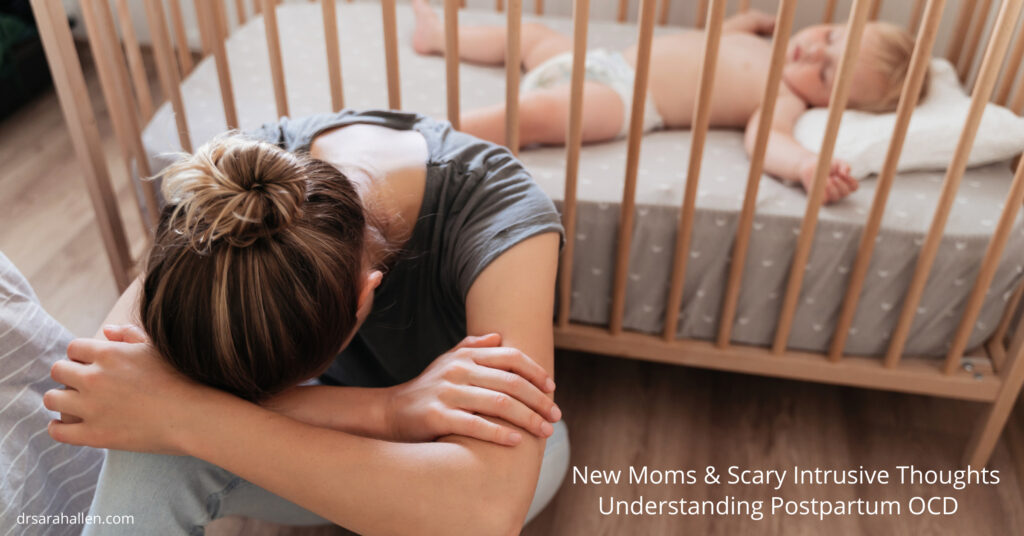
For more information about Scary Intrusive Thoughts – Understanding Postpartum OCD
How to Cope with Intrusive Thoughts
Managing intrusive thoughts starts with acknowledging them but not letting them control you. They don’t mean you’re a bad parent; they’re just thoughts that come with the huge responsibility of caring for a baby. I see them as red flogs about something else that is happening. Maybe you are physically and/or emotionally exhausted? Do you other stressful things going on in your life at the moment? What is going on in your relationship? It is your total stress and fatigue that can make these types of thoughts happen. One effective method is to mentally recognize these thoughts and then set them aside, knowing they don’t have any real weight. Thoughts DO NOT = Action. Here are a few tips to help:
– Keep your mind engaged with activities that require focus, like puzzles or reading.
– Distract yourself by enjoying a walk, listening to your favorite music, or immersing yourself in a good book.
– Make sure you’re getting enough rest, as sleep plays a huge role in how you cope daily.
– Try to figure out what these thoughts are telling you you need that you are currently not getting.
– Don’t hesitate to ask for help. Whether it’s talking to a friend or seeking a therapist like myself who specializes in maternal mental health, reaching out can provide relief and perspective.
These steps make a difference in managing day-to-day stress and reducing the frequency of these thoughts.
Seeking Help and Professional Support
Recognizing when to seek professional help is key. If intrusive thoughts start affecting your daily life or your relationship with your baby, it’s time to talk to a therapist who is experienced in postpartum mental health. In particular cognitive-behavioral therapy, is research based therapy which has been shown to help treat intrusive thoughts and aid the transition to parenthood.
– Consider therapy with a maternal mental health specialist, where you can safely express concerns without judgment and receive the help and support to get through this.
– Medication might be suggested for some, providing relief in conjunction with therapy.
– Never underestimate the comfort of confiding in someone you trust. Even a quick chat with a loved one can offer a new perspective.
Remember, seeking help shows strength, not weakness. It’s an important step for both you and your baby’s well-being.

For more information about how effective Cognitive Behavioral Therapy is for Postpartum Anxiety Disorders read How To Manage Pregnancy & Postpartum Anxiety With CBT.
Finding Relief and Moving Forward
As unsettling as intrusive thoughts may appear, they don’t define you as a parent. Knowing they’re a common experience can bring some peace, and with time and the right strategies, their grip weakens. You’re doing a great job simply by recognizing what’s happening and seeking ways to improve your mental health.
Taking action on mental health creates a healthier environment for you and your child. If you find these thoughts bothering you, reaching out for help is always a good idea. Prioritizing your mental health not only benefits you but also enhances the time and care you give to those close to you.
Need more advice or support during postpartum life? I have written many articles about many aspects of being a new mom and a free booklet you can download about Pregnancy & Postpartum Stress, Anxiety & Depression (see below). I specialize in working with new parents and I see clients in person at my Northbrook office, or virtually throughout Illinois, Florida and the UK.
For more reading on this topic I highly recommend the book Good Moms Have Scary Thoughts by Karen Kleinman & Molly McIntyre.

Dr. Sarah Allen has 25+ years of experience in private practice helping women to transition to being the mom they want to be. She is the Founding Director of the statewide non-profit Postpartum Depression Alliance of IL. She also specializes in pregnancy loss & infertility & has published research on postpartum depression and traumatic childbirth.
If you would like to work with Sarah, please phone her at 847 791-7722 or on the form below.
If you would like to read more about me and my areas of specialty, please visit Dr. Sarah Allen Bio. Dr. Allen’s professional license only allows her to work with clients who live in IL, FL & the UK and unfortunately does not allow her to give personalized advice via email to people who are not her clients.
Dr. Allen sees clients in person in her Northbrook, IL office or remotely via video or phone.

What Can I Read That Helps Me While I Am Waiting For My First Appointment With Sarah?
If you feel that you may be experiencing pregnancy or postpartum mood disorder, or worry that you may be at risk of developing it, please download my free booklets below.
See each specific webpage to download one or many.
